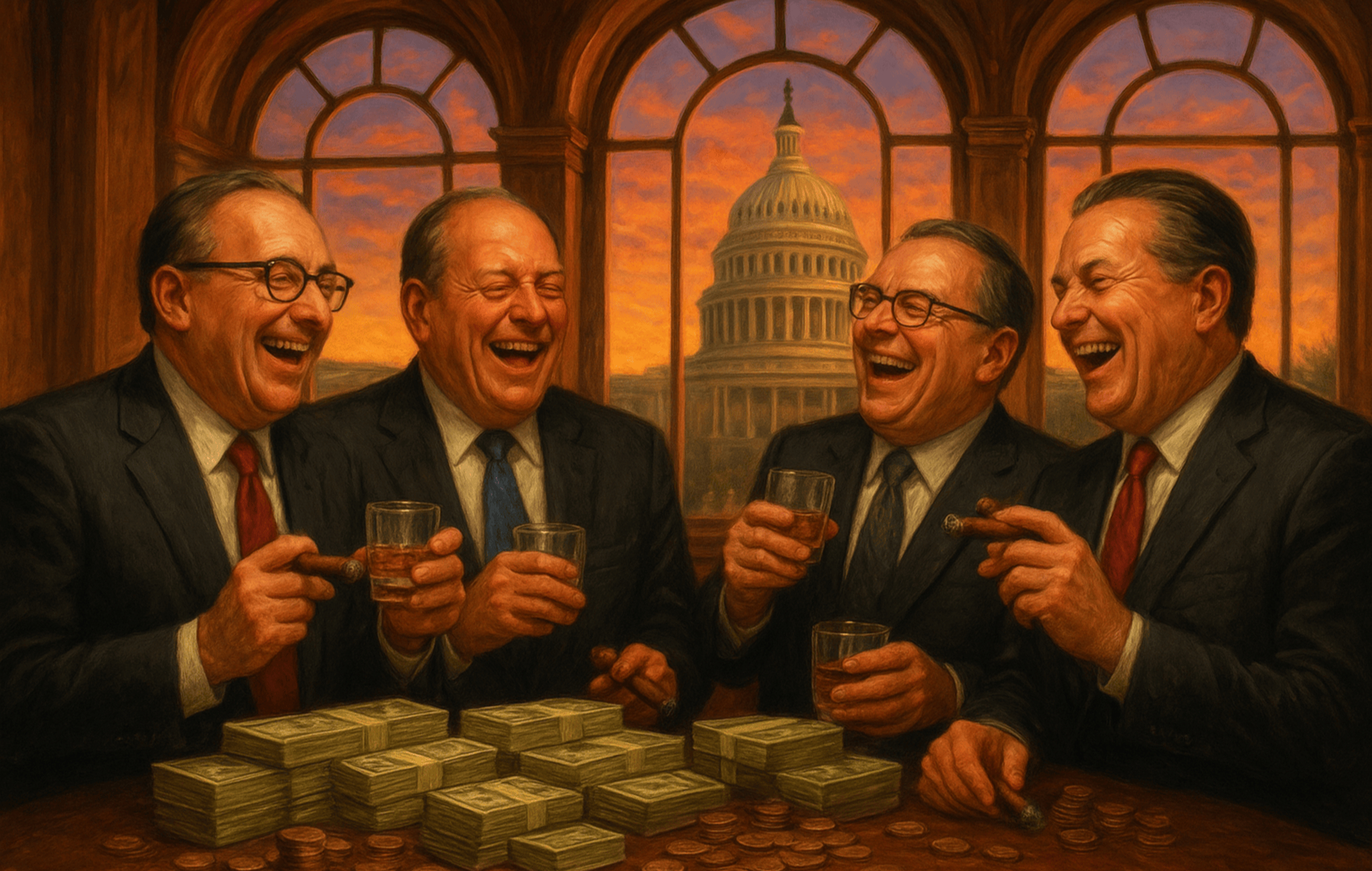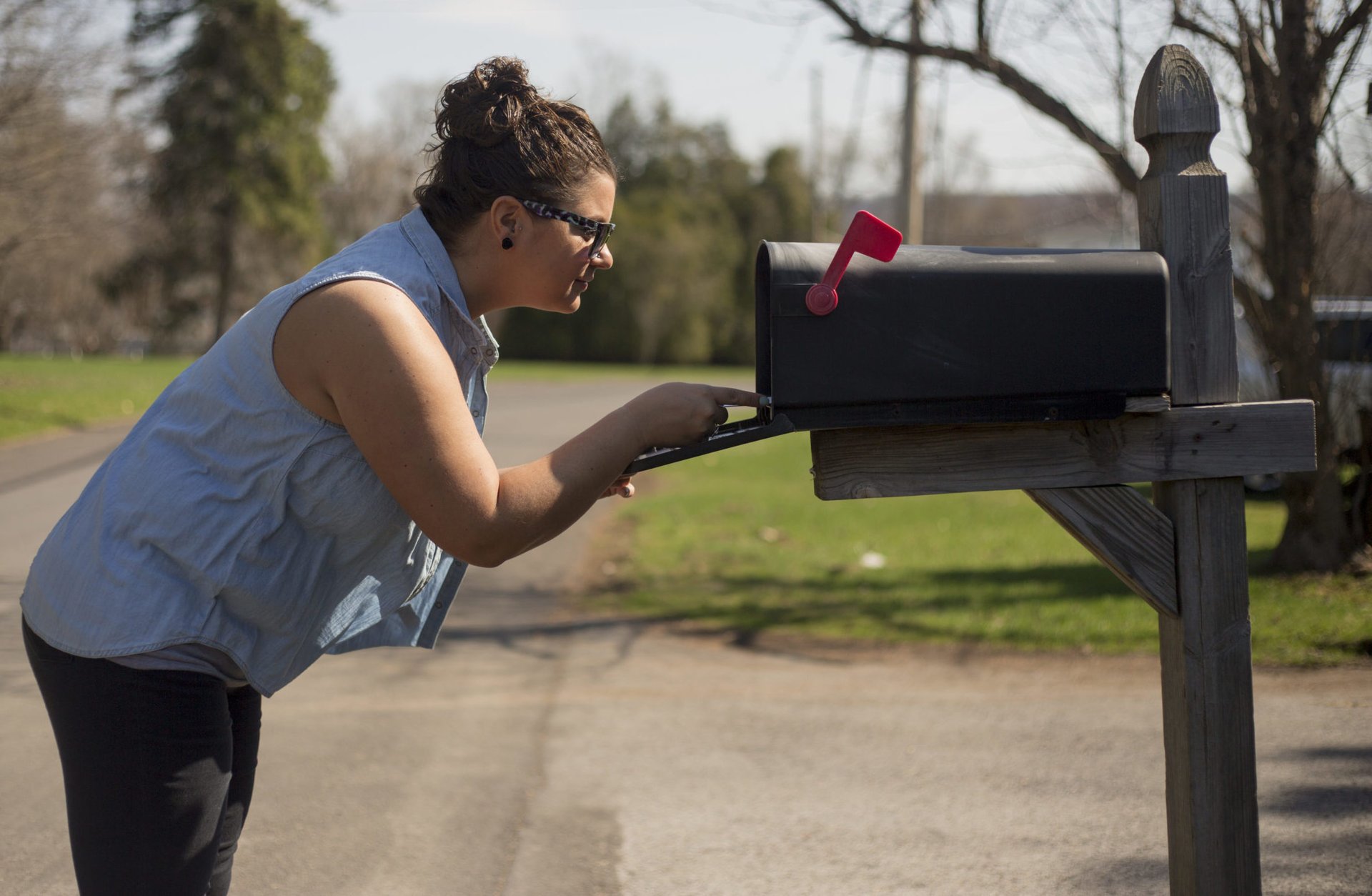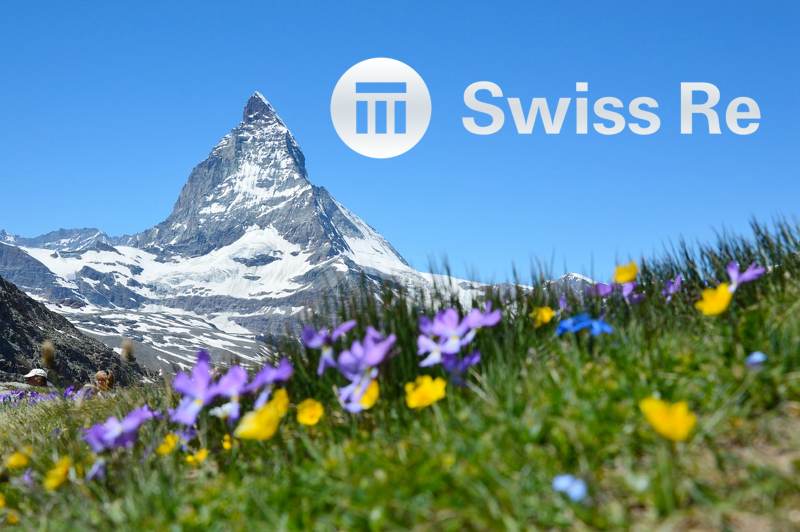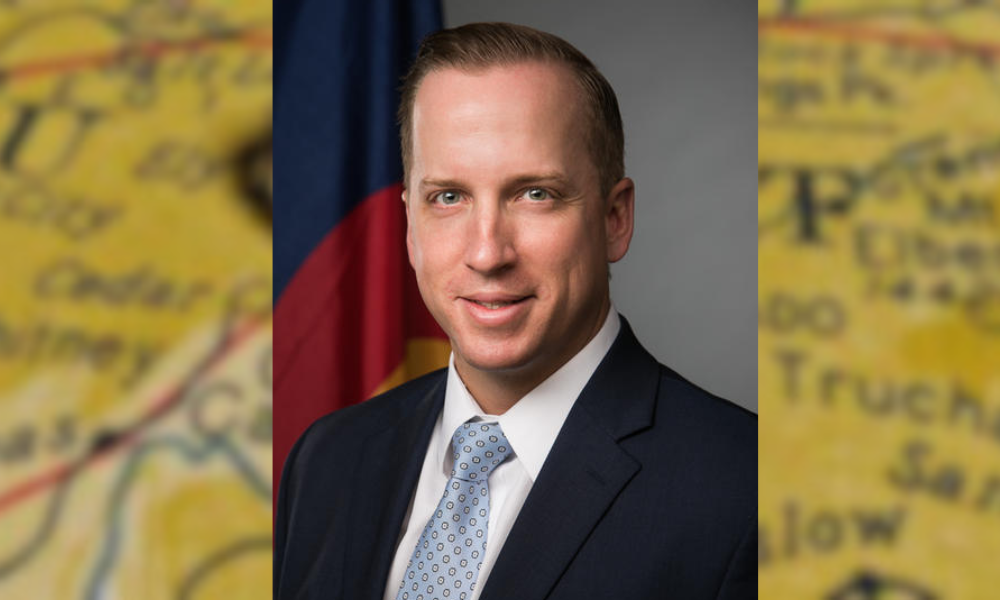The Supreme Court on Wednesday began hearing pleas challenging the demonetisation exercise by the central government in November 2016. The Centre today stressed that the issue was merely an academic and that there was no need for the apex court to waste its time on academic issues. However, the petitioners challenging the policy argued that the issues were “very much alive” and bound to be heard.
Convinced by the petitioners, the Constitution Bench of Justices S Abdul Nazeer, BR Gavai, AS Bopanna, V Ramasubramanian and BV Nagaratha agreed to hear the case and said it had the duty to decide the case “one way or the other for posterity”.
Appearing for the Centre, Attorney General R Venkataramani asserted that the issue was academic as six years had already passed since the decision was taken. “There are a lot of developments in economic, banking, monetary policy, globalisation, corruption, black money that are considered by the government. Therefore my concern is to what extent the court will enter into all this,” the AG said.
To this, Justice Nagarathna said that to answer the issue of whether it was an academic issue or not the bench will have to hear and give its answer to that. “If it’s academic or not. The policy or wisdom of government is one aspect of the matter. We always know where Laxman Rekha is. But the manner in which is done, the procedure can be examined and answer can be given…but for that, counsels have to be heard,” he said.
Justice Nagarathna further said that any declaration one way or the other is for posterity, “and I feel its duty of the constitutional court to answer it one way or the other”.
Justice Bopanna said that the court can say it’s academic or infructuous if both sides agree.
The top court allowed senior advocate P Chidambaram to begin arguments on behalf of the petitioners. The court also assured the government that it will give it enough time to prepare its case and place its stand.
Appearing for the petitioners, P Chidambaram said that due to demonetisation, people suffered a monetary loss, they lost their wages, they could not buy medicines, and about 100 persons died while standing in queues. He said several business units were shut down and the prices of all farm products crashed.
The bench then asked what was it that the government could have done differently. Chidambaram said they should have demonetised the particular series of notes, with enough notes in place for putting it back in the system.
Justice Nagarthana asked – can the hardship of a common man be equated with the constitutional validity of the act? To this, Chidambaram said: “Yes, the hardships to the common man do affect each one of us. The decision was not taken rationally after taking note of the situation. The government should have gone through the research process and then should have decided on this.”
The senior lawyer further said the RBI should have advised the government not the way that the government is advising it. “This has happened in this case. They don’t produce documents pertaining to the agenda of 6 and 8 November, the government should show this to the Supreme Court,” he said.
(With inputs from Srishti Ojha/Nalini Sharma)








































